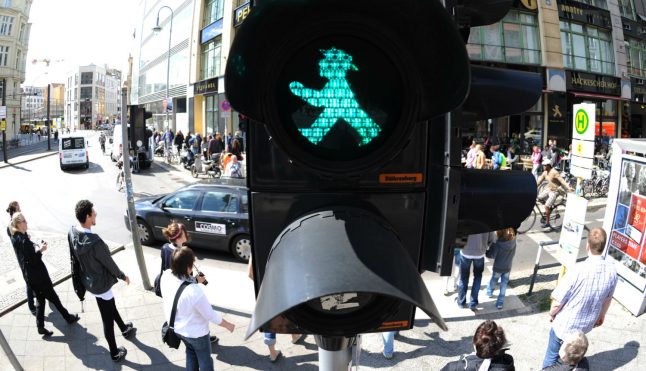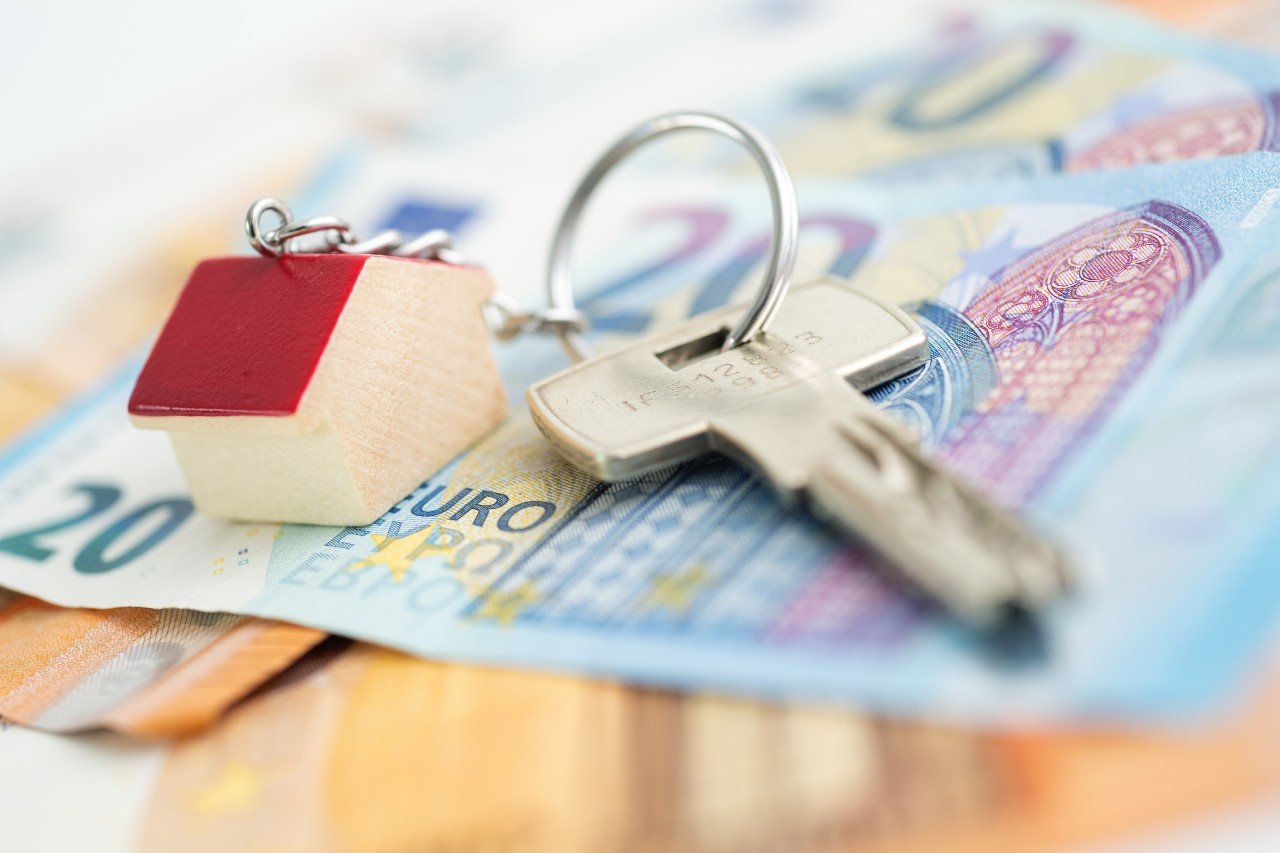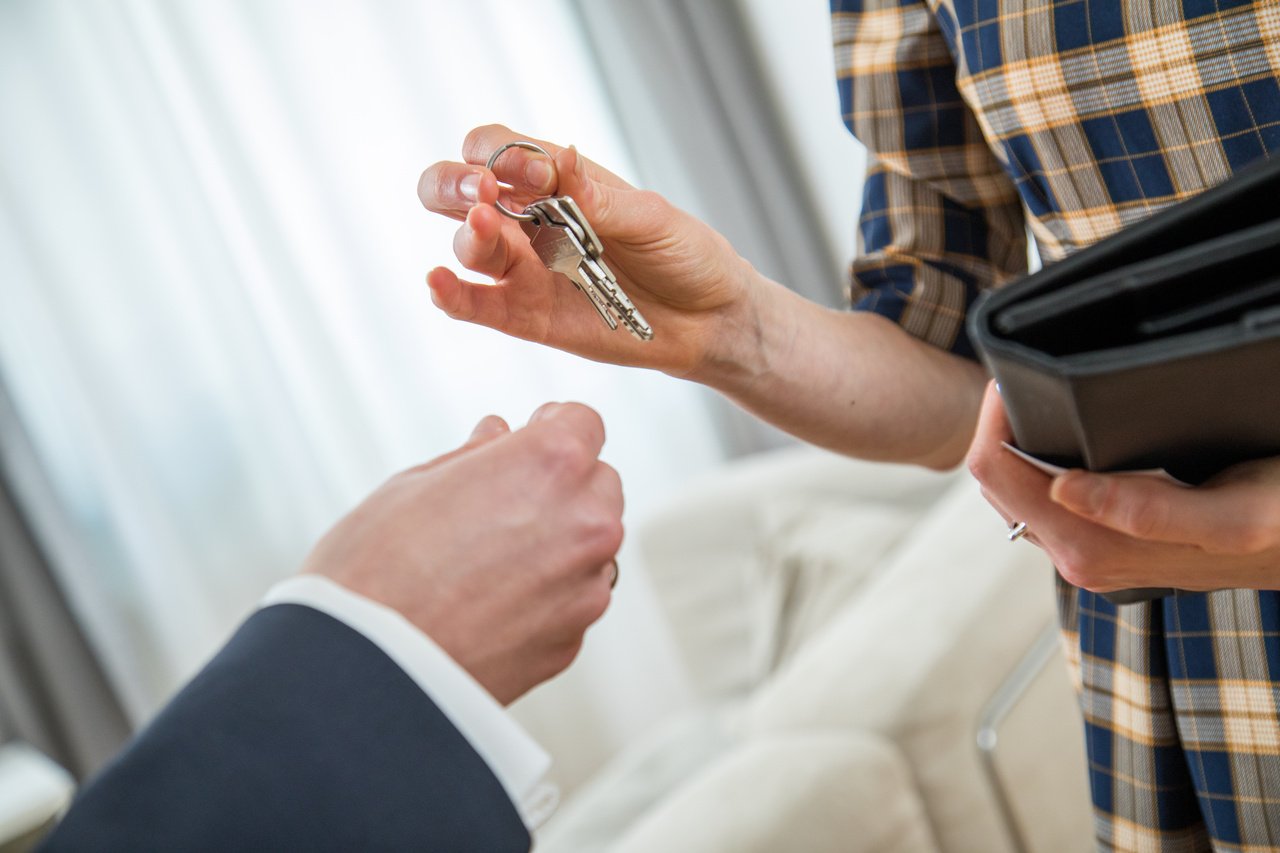Germans love rules – and they're not afraid to give people a stern telling off if they flout them (as one of our members Peter Mahaffey pointed out).
READ ALSO: 13 things foreigners do that make Germans really uncomfortable
Take crossing the road: if you stroll out when it's not a green pedestrian light – even if you feel it's safe to do so because there are no cars – you could quickly face some deathly stares or even some harsh words.
It's even worse if there are children nearby. If you're in a rush and leg it across the road just after the red light appears, you may be greeted with: “Es ist rot! Hier sind Kinder!' (It's red, there are kids here).
Crossing the road when it's a red light – jaywalking – is illegal in Germany and you can face a fine of between €5 and €10 if you're caught.
However, in some countries across the world it's the norm to pay a bit less attention to traffic lights and, instead, cross the road when you think it's safe (whether it's green or not).
We asked The Local readers to decide if it's ever okay to do it – and here's the result.
On Facebook, 55 percent of respondents to our survey said NO, it's not okay to cross the road when the light is red. A total of 45 percent said YES, it's fine to do it if it's safe.
And over on Twitter there was a similar result, although it was a little tighter: 52 percent of readers said NO it's not okay and 48 percent said YES, it's okay if it's safe.
Daily dilemmas of living in Germany: is it ever acceptable to cross the road when it's a red light?
— The Local Germany (@TheLocalGermany) August 9, 2019
Readers also shared their views on the issue – and their own experiences of the road crossing culture in Germany.
On Facebook, Chad Michael Hanawalt was faced with this dilemma early on during his first trip to the Bundesrepublik. He said: “I crossed on red once in front of the train station in Bonn. I could tell people were not happy with me. Although in my defence, it was my first time in Germany and I had no idea this was a thing. But I know better now!”
Chris Walmsley has also felt the wrath of the German public. He said he'd been “shouted at in Mönchengladbach (western Germany) on a completely empty road by a lady taking her dog for a walk”. He's never cross the road when it's a red light again, well at least when there's other people around anyway.
For Sid Young the outcome was even worse: he was fined €5 for it.
Alex Perry is not a fan of this law. “If I waited at all the red lights in Leipzig I wouldn't get anything done,” he said. The Ampeln (traffic lights) phases here are absurd.”
Debby Boon agrees. “This law frustrates me so much,” she said. “Drivers are allowed to decide if it’s safe to go but not pedestrians.”
Richard Bailey said everyone should cross the light on red if it's safe to do so.
“Obedience to ridiculous rules is shameful,” he said.
'Wait for the light to change!'
However, others said citizens should stick to the rules.
“It's an unnecessary risk, just wait for the damn light to change,” said Federico Leon.
Many of our readers said it made a difference if children are around.
'I guess you can get away with it occasionally when it is not busy – but never if there are children waiting at the traffic light. You'll get shouted or stared at for 'setting a bad example',” said one reader.
Another respondent to our survey, Nabeel Ijaz Bhatti, said: “Normally it's not good to cross in red if there is traffic coming or a child or children are waiting to cross.
“They learn what you do. If not, they will ask their accompanying person questions about this strange behaviour.”
However Bhatti added that if there's no one around and the road is clear, it should be okay to cross the road.
Rachael Dobšovičová said she has been influenced by German culture. “It’s so ingrained in me now after living here for long enough, I won’t even do it back home in NY,” she said.







 Please whitelist us to continue reading.
Please whitelist us to continue reading.
Member comments